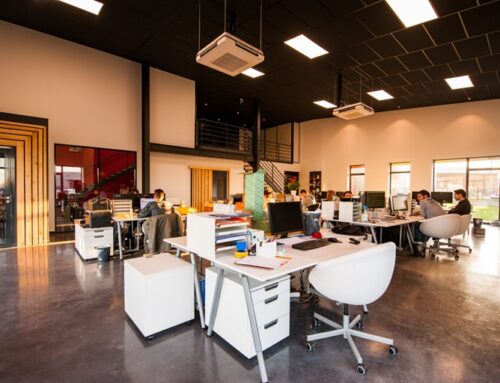The practice of smart working has been greatly expanded in the wake of the Covid epidemic that has forced us to stay away from each other, but without producing any particular changes in the organization of work.
However, as Emily Laber Warren writes in the New York Times, for work to be truly agile, we need to rethink not only where we do it, but also the times at which we do it. In a truly flexible workplace, people must be free to choose not only where they work but also when.
According to the New York Times columnist, “the 9 a.m. to 5 p.m. schedule should be the next pillar of work to fall.”

Various research has shown that workers are more productive and loyal to their jobs when they have flexible working hours.
Of course, for some professions, working hours cannot be freely managed. This is true for example for teachers, health care workers, and employees in contact with the public.
Dawna Ballard, a lecturer at the University of Texas at Austin who deals with time and work, emphasizes the importance of considering that we are biological beings whose productivity rises and falls, not only in the course of a single day, but also when weeks of intense work rhythms result in the need to recharge.
Many experts in the field strongly suggest flexible working: one should not expect and/or demand that remote workers are always available and the use of invasive software to keep them under control should certainly be avoided.
On the other hand, value results, focus on trust, and pragmatically define moments to foster collaboration between employees.
The other major change needed to make work truly ‘smart’ is to think in terms of goals achieved not the time spent in the company or behind a remote PC.
The revolution in work organization may seem burdensome and complex to some, but let’s remember that until the day before the pandemic, just transferring many employees remotely seemed impossible. Instead, we did it.
Change, evolution is inevitable. Innovation means success.
“It always seems impossible until it is done”.
Nelson Mandela




